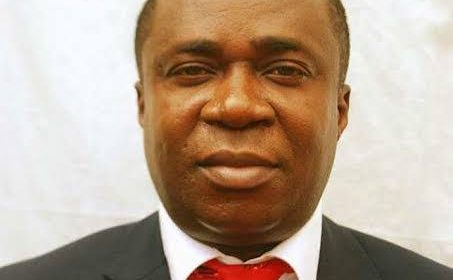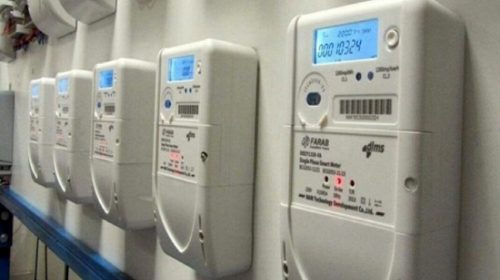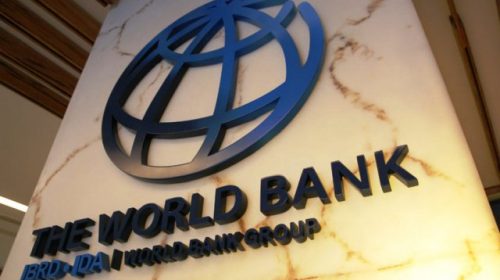Sterling Bank posts 10% growth in half-year net interest income

By Ngozi Onyeakusi– Sterling Bank Plc, a full service national commercial bank has reported a net interest income of N33.5 billion during the half-year ended June 30, 2020, as against N30.4 billion during the corresponding period of 2019, representing a growth of 10.1 percent.
The bank’s total assets also rose by 9.4 percent to N1,294.2 billion during the review period from N1,182.7 billion in 2019 while customer deposits inched up by 2.5 percent to N915.2 billion in 2020 from N892.7 billion in 2019.
The lender closed the half-year with a trading income of N3.9 billion as against N1.2 billion for the corresponding period of 2019, representing a remarkable increase of 242.8 percent.
Commenting on the financial performance, the Chief Executive Officer (CEO) of Sterling Bank Plc, Mr. Abubakar Suleiman remarked that “Our impressive half-year performance in the face of the COVID-19 pandemic and the ensuing economic disruption belies the rough seas ahead. In the second quarter of the reporting period, we focused on empowering our stakeholders to respond to the unprecedented disruption occasioned by prolonged restriction to movement while supporting them to adapt to new ways of banking.
“Our commitment to digitisation was validated as we continued to serve existing and new customers through our mobile and digital platforms. We also responded to the uncertainty by doubling down on cost optimisation while leveraging our existing remote work policy to keep our workforce productive without risking COVID-19 infection. Notwithstanding rising inflation, we were able to moderate operating expenses during H1 2020 to deliver a net profit comparable to the first half of 2019.
“In the second half of the year, our focus remains the same; retooling our employees to function optimally while observing social distancing, enhancing our execution capacity and enabling our customers to thrive in the middle of a pandemic. We will continue to focus on the sectors that are critical to the well-being of the economy, or as we call it, the HEART sectors namely: Health, Education, Agriculture, Renewable Energy and Transportation.”
He observed that the contracted gross earnings was primarily due to a dip in fees and commission as a result of a downward review of electronic banking fees.
Suleiman noted that although interest income declined by 4.3 percent, this was offset by an 18.1 decline in interest expense, thereby delivering a 130 bps drop in cost of funds and consequently, a 60-bps reduction in net interest margin.
He said, “in terms of asset quality, non-performing loan (NPL) ratio was flat at 2.1 percent while cost of risk went up by 140 bps to 2.1 percent and operating, expenses declined by 0.1 percent, achieved by moderating administrative expenses despite growth in other operating expenses including AMCON and insurance fees. The bank was able to maintain a strong capital and liquidity position of 15.2 percent and 33.5 percent respectively above the regulatory benchmark.”
The CEO noted that overall the bank delivered a profit after tax of N5.4 billion on gross earnings of N70.2 billion in the first half of 2020 compared with a PAT of N5.7 billion on gross earnings of N72.3 billion during the corresponding period of 2019.







Leave a Reply